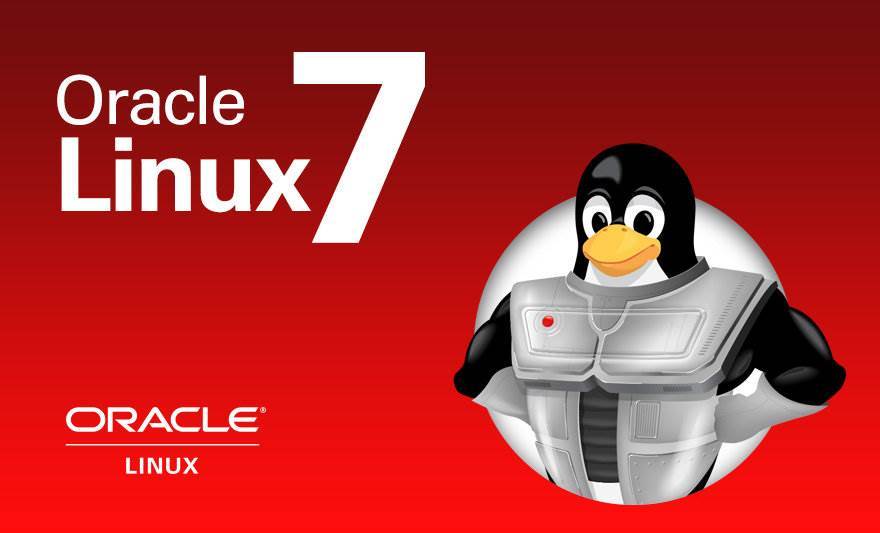
Oracle Linux is an enterprise-class Linux distribution supported by Oracle and built from source packages for Red Hat Enterprise Linux (RHEL). Some of the special features of Oracle Linux include a custom-build and rigorously-tested Linux kernel called “Oracle Unbreakable Kernel”, tight integration with Oracle’s hardware and software products including most database applications, and “zero downtime patching” – a feature that enables administrators to update the kernel without a reboot. via_distrowatch
Oracle Linux 7.5 is released. The updated version of the revised version mainly relates to the improvement of security and the improvement of support for cloud and container environments.

- Unbreakable Enterprise Kernel (UEK) Release 4 (kernel-uek-4.1.12-112.16.4.el7uek) for x86-64
- Red Hat Compatible Kernel (kernel-3.10.0-862.el7) for x86-64
- Support for Memory Protection Keys on recent Intel processors. This update includes support for the Memory Protection Keys hardware feature on recent Intel processors. CPUs provide this support through a new user-accessible register (PKRU) that contains two separate bits (Access Disable and Write Disable) for each key.
- Ability to unlock encrypted devices connected to a network during the boot process. Previously, block devices that were connected to a network could not be unlocked during the boot process because it was not possible to connect and decrypt these devices prior to starting any network services.
- SSLv3 disabled in mod_ssl. To improve security for SSL/TLS connections, support for SSLv3 in the default configuration for the httpd mod_ssl module has been disabled. This change also restricts the use of certain cryptographic cipher suites.
- KASLR for KVM guests added. Capability for Kernel address-space layout randomization (KASLR) for KVM guests has been added.
- More…